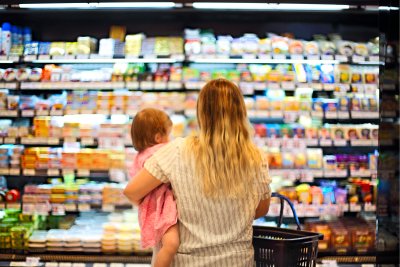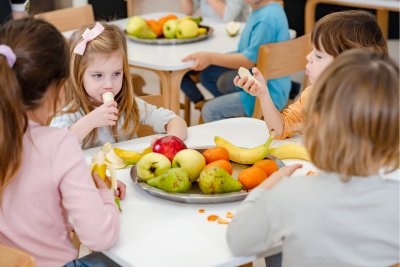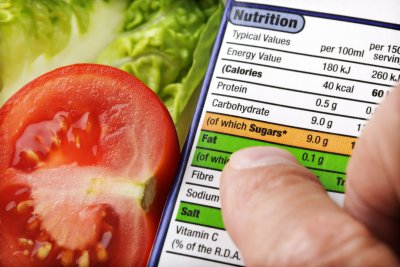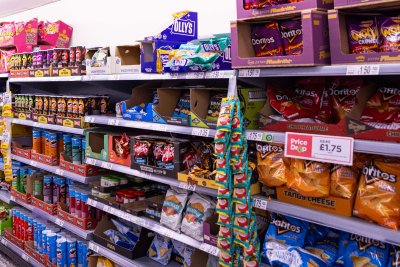The inquiry wants to hear stories from families themselves, from those that care and support pregnant women and families with infants and children, those who work with food redistribution or food banking projects, with faith groups supporting communities and anyone else who has information to share on how families choose a brand of infant formula and manage the costs of formula feeding. The inquiry would also like to hear from those who work to support the Healthy Start scheme, health professionals who support families in the community and in hospital settings, those who support women with HIV, teenage or young parents, refugee or homeless families, those in live in refuges, those with no resource to public funds and organisations and local authority staff who deal with families in crisis.
The inquiry wants to collect stories and information from the recent past that may be lived experience, reported by others to you or which has been collected as part of other work. This could include lived experiences from families themselves, but also comments and stories second-hand from those who work with families. The focus is on infant formula costs, how people choose an infant formula brand and the impact of the cost on the health, well-being and finances of formula feeding families. Submissions could also include any relevant information on the costs of bottles, teats and sterilising equipment as well as fuel costs to prepare infant formula in the home. Please include quotes, comments and links to other material as appropriate. If you would like to tell the inquiry something about you as an individual, family or organisation then you can send an email with this information and your comments.
You can:
- Submit your response directly onto the inquiry website.
- Email your written submission to inquiry2018@infantfeedingappg.uk
- Post your submission to APPG on Infant Feeding and Inequalities, c/o Alison Thewliss MP, 33 London Road, Glasgow, G1 5NW.
The deadline for written submissions is Tuesday 26th June 2018 or earlier where possible.
Food Poverty: Championing people-powered projects that tackle the root causes of food poverty.








